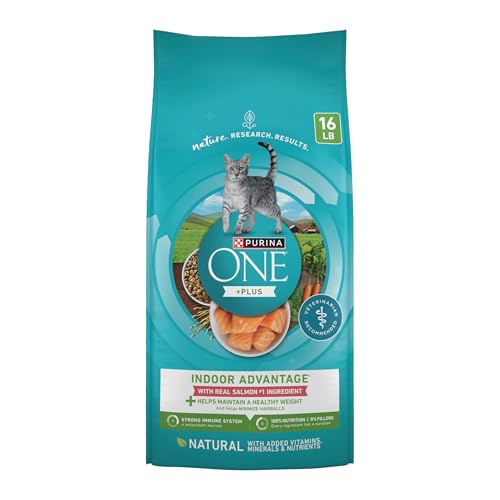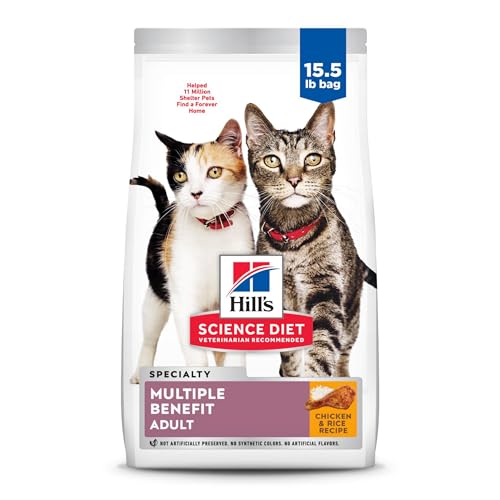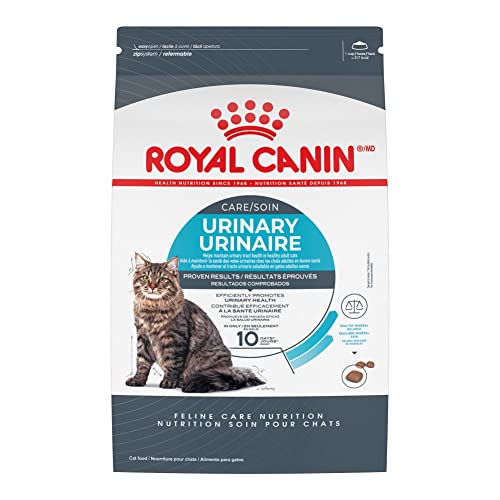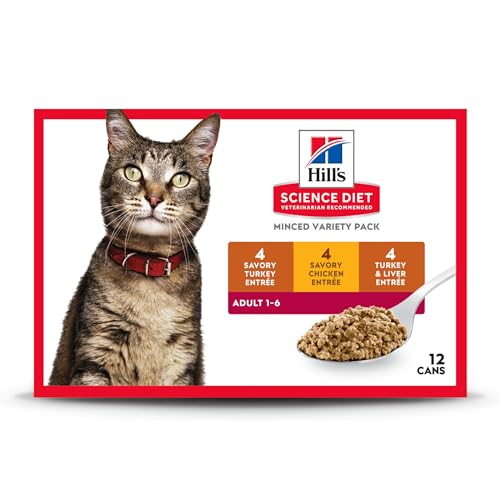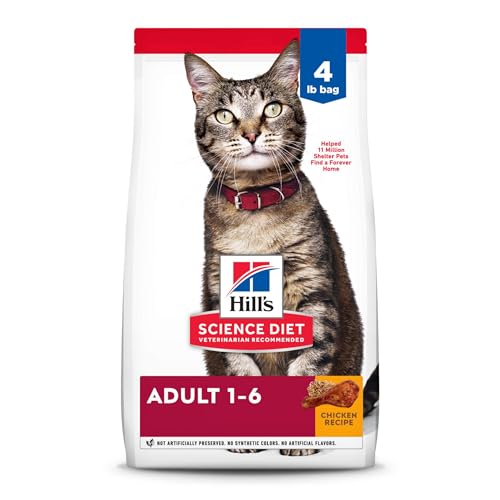How Do You Choose the Right Cat Food for Your Feline?
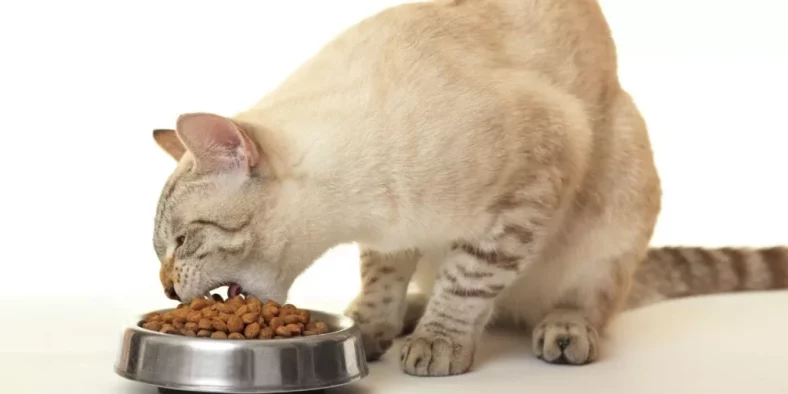
When it comes to selecting the appropriate nourishment for your feline companion, navigating the sea of cat food options can be overwhelming. You want to ensure that your furry friend receives all the necessary nutrients for a healthy life, but how do you sift through the plethora of choices available? Stay tuned to discover some essential tips that will guide you in making the best decision for your cat’s well-being and vitality.
Nutritional Requirements
When selecting cat food, it’s essential to understand the nutritional requirements that will support your feline’s health and well-being. Cats are obligate carnivores, meaning their diet must primarily consist of meat. Protein is crucial for your cat’s overall health, as it helps maintain muscle mass and supports a strong immune system. Look for cat foods with high-quality animal-based proteins like chicken, turkey, or fish to meet this dietary need.
In addition to protein, cats require essential fatty acids such as omega-3 and omega-6 to support healthy skin and a shiny coat. These fatty acids also play a role in cognitive function and can help reduce inflammation in your cat’s body. When choosing cat food, check the ingredients list for sources of these beneficial fats, such as fish oil or flaxseed.
Furthermore, cats need taurine, an amino acid that’s essential for heart and eye health. Make sure the cat food you select contains sufficient levels of taurine to meet your feline’s nutritional needs. By understanding and meeting these key nutritional requirements, you can ensure that your cat stays healthy and happy for years to come.
Ingredients to Avoid
To ensure your feline’s health and well-being, steer clear of cat foods containing artificial preservatives or additives that may be harmful. Artificial preservatives like BHA, BHT, and ethoxyquin can have negative effects on your cat’s health, potentially leading to allergies, skin problems, or even organ damage. Additionally, artificial colors and flavors offer no nutritional value and can cause digestive issues in your furry friend. High levels of fillers such as corn, wheat, and soy are also best avoided as they offer limited nutritional benefits and may lead to obesity or food sensitivities.
Moreover, be cautious of cat foods that list vague ingredients like ‘meat by-products’ or ‘animal digest,’ as these can encompass a variety of low-quality, indeterminate sources. Opt for foods that clearly specify protein sources such as ‘chicken meal’ or ‘salmon,’ ensuring your cat receives the necessary nutrients for a balanced diet. By being mindful of these ingredients to avoid, you can help promote your cat’s overall health and vitality.
Wet Vs. Dry Food
Consider the nutritional benefits and practicality of wet and dry cat food options to determine which best suits your feline companion’s needs.
Wet cat food typically has higher water content, which can help keep your cat hydrated, especially if they don’t drink much water. It’s also a good option for cats with dental issues since it’s easier to chew.
On the other hand, dry cat food is more convenient and can be left out for free-feeding without the risk of spoiling. It’s also beneficial for dental health, as the crunchy texture helps to reduce tartar buildup.
When choosing between the two, consider your cat’s preferences and any specific health concerns they may have. Some cats may enjoy the taste and texture of wet food more, while others may prefer the crunchiness of dry food.
It’s also possible to mix both types to provide a variety in your cat’s diet and cater to their individual needs.
Special Dietary Considerations
For optimal feline health, understanding special dietary considerations is crucial to provide tailored nutrition for your cat. Some cats have unique dietary needs based on their age, weight, activity level, and health conditions. For example, senior cats may benefit from diets with added joint support and fewer calories to maintain a healthy weight. Cats with kidney issues might require a diet low in phosphorus to reduce strain on their kidneys. If your feline friend suffers from food allergies or sensitivities, a limited ingredient diet can help avoid triggering ingredients.
Additionally, overweight cats may benefit from weight management formulas that are lower in calories but still provide essential nutrients. For cats with dental problems, there are specially formulated diets that help improve dental health. Always consult with your veterinarian to determine the best dietary plan for your cat’s specific needs. By understanding and addressing these special dietary considerations, you can ensure that your feline companion receives the nutrition necessary to thrive and lead a healthy life.
Quality and Brand Reputation
When evaluating cat food options, assessing the quality and reputation of different brands is essential for ensuring your feline companion receives the best nutrition possible. Look for brands that prioritize using high-quality ingredients, such as real meat, fruits, and vegetables, without fillers or artificial additives. Quality cat food should provide a balanced mix of protein, fats, carbohydrates, vitamins, and minerals to support your cat’s overall health and well-being.
Brand reputation also plays a crucial role in selecting the right cat food. Research different brands to see if they’ve a history of recalls, customer complaints, or if they conduct rigorous testing and adhere to strict quality control measures. Reputable brands often have a team of nutritionists and veterinarians involved in the formulation process, ensuring that their products meet the nutritional needs of cats at different life stages.
Ultimately, choosing a cat food with a solid reputation for quality can give you peace of mind that you’re providing your feline friend with a diet that promotes their health and longevity.
Trending Products

